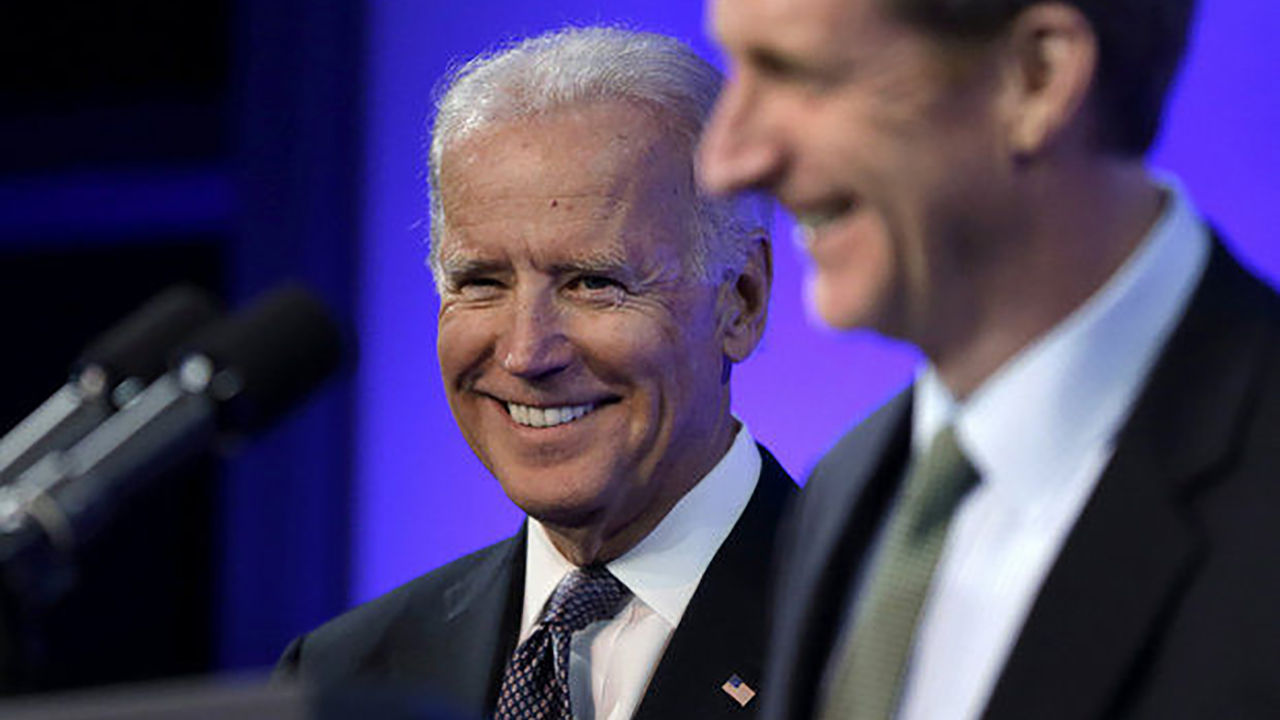Making Mental Health Essential Health
The Mental Health Parity and Addiction Equity Act of 2008 (MHPAEA or Parity Act) requires health insurance carriers to achieve coverage parity between Mental Health/Substance Use Disorders (MH/SUD) and medical/surgical benefits, especially in regard to financial requirements and treatment limitations. The MHPAEA originally applied to group health plans and group health insurance coverage, was amended by the Affordable Care Act (ACA) to also apply to individual health insurance coverage. The U.S. Department of Health and Human Services (HHS) has jurisdiction over public sector group health plans (referred to as “non-federal governmental plans”), while the Departments of Labor and the Treasury have jurisdiction over private group health plans.
Key MHPAEA provisions include:
- If a group health plan or health insurance coverage includes both medical/surgical and MH/SUD benefits, the financial requirements (e.g., deductibles and co-payments) and treatment limitations (e.g., number of visits or days of coverage) that apply to MH/SUD benefits must be no more restrictive than the predominant financial requirements or treatment limitations that apply to substantially all medical/surgical benefits.
- MH/SUD benefits may not be subject to any separate cost-sharing requirements or treatment limitations that only apply to such benefits.
- If a group health plan or health insurance coverage includes medical/surgical and MH/SUD benefits, and the plan or coverage provides for out-of-network medical/surgical benefits, it must provide the same access for out-of-network MH/SUD benefits.
- Standards for medical necessity determinations and reasons for any denial of benefits relating to MH/SUD benefits must be disclosed upon request.

The Parity Act was the signature achievement of Rep. Patrick Kennedy’s 16 years in Congress. Its passage was the culmination of perseverance over many years to overcome institutionalized insurance discrimination against persons with mental illnesses and substance use disorders.
Passage of the Parity Act is not the end of the struggle for this modern civil rights issue. It took five years for the federal government to issue final regulations for the implementation of the law, and even they were incomplete as the law’s application to managed care plans under Medicaid has still not been defined. The new rule, effective July 1, 2014, starts the next chapter of the parity saga. This critical phase will determine how parity is put into practice, and it is rife with many questions:
- Will employers and consumers know their rights and responsibilities under the law?
- Will health plans and insurers follow the law and pay for behavioral health services equal to those routinely covered for other conditions?
- Will federal and state regulators monitor and enforce compliance with the law?
- How will state and federal courts interpret the law as questions about its implementation come before them?

The Kennedy Forum seeks answers to these questions and plans to share its findings to the public. We work closely with partners like the Parity Implementation Coalition, the Treatment Research Institute, the National Business Group on Health, and others to develop consensus on the issues and policies that will ensure continued progress. Education is essential to promote understanding and acceptance to overcome stigma and discrimination and dissolve the barriers to widespread treatment of mental health and substance use disorders. We hope to change public perceptions so that Americans see the availability and provision of quality mental health services as a community responsibility and an enhancement of community life that is both desirable and attainable.
